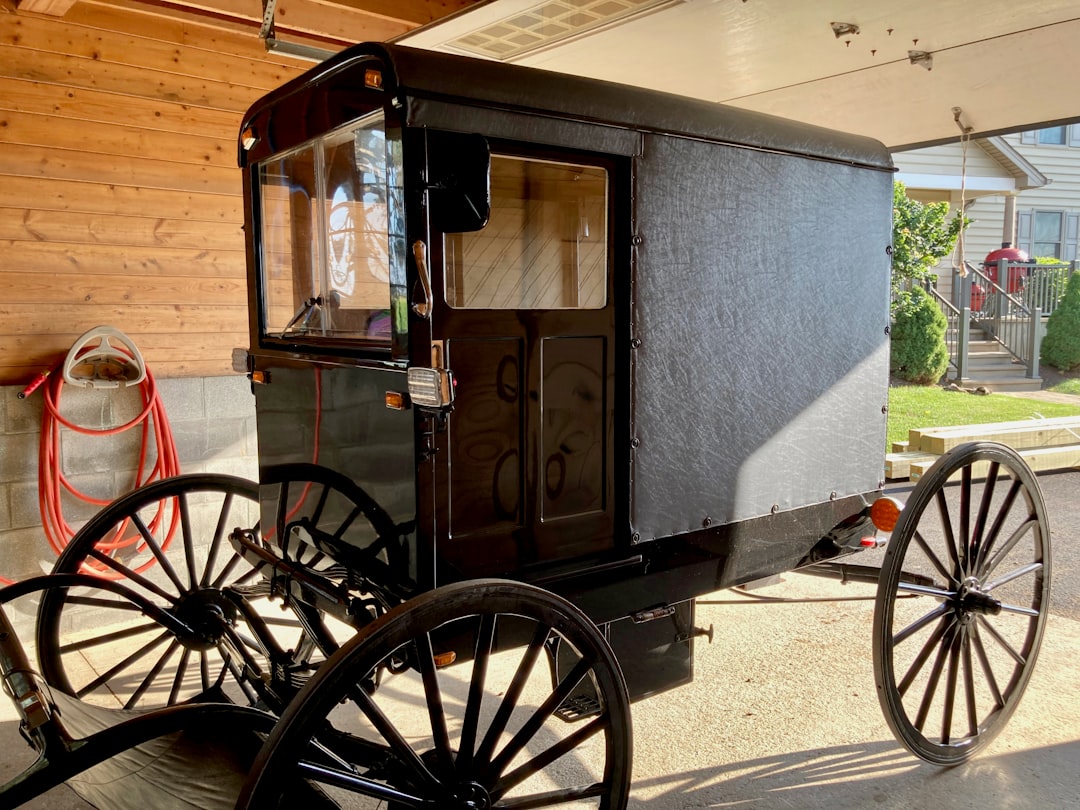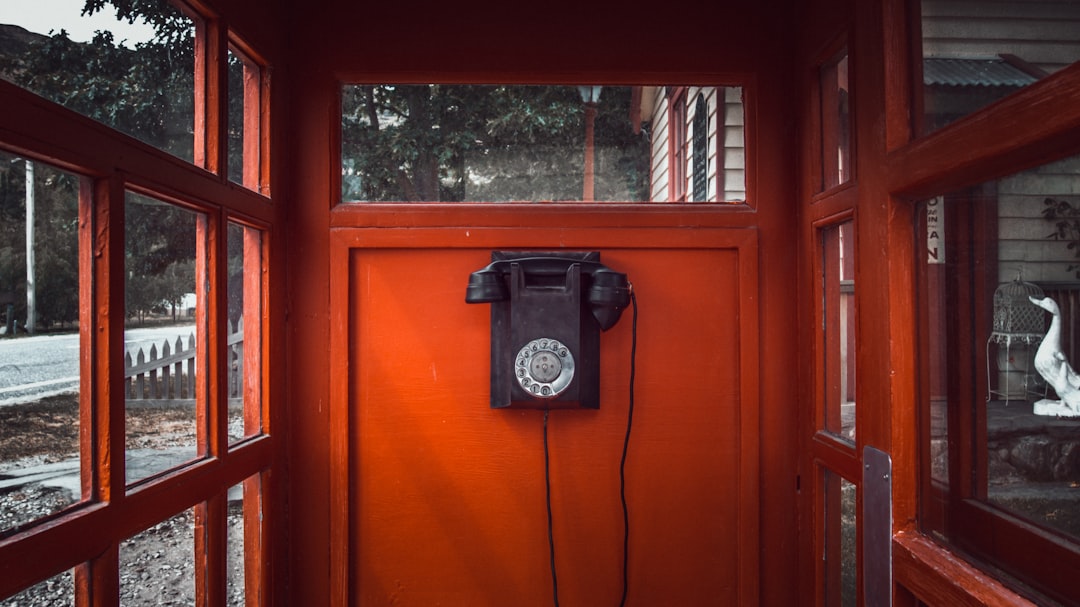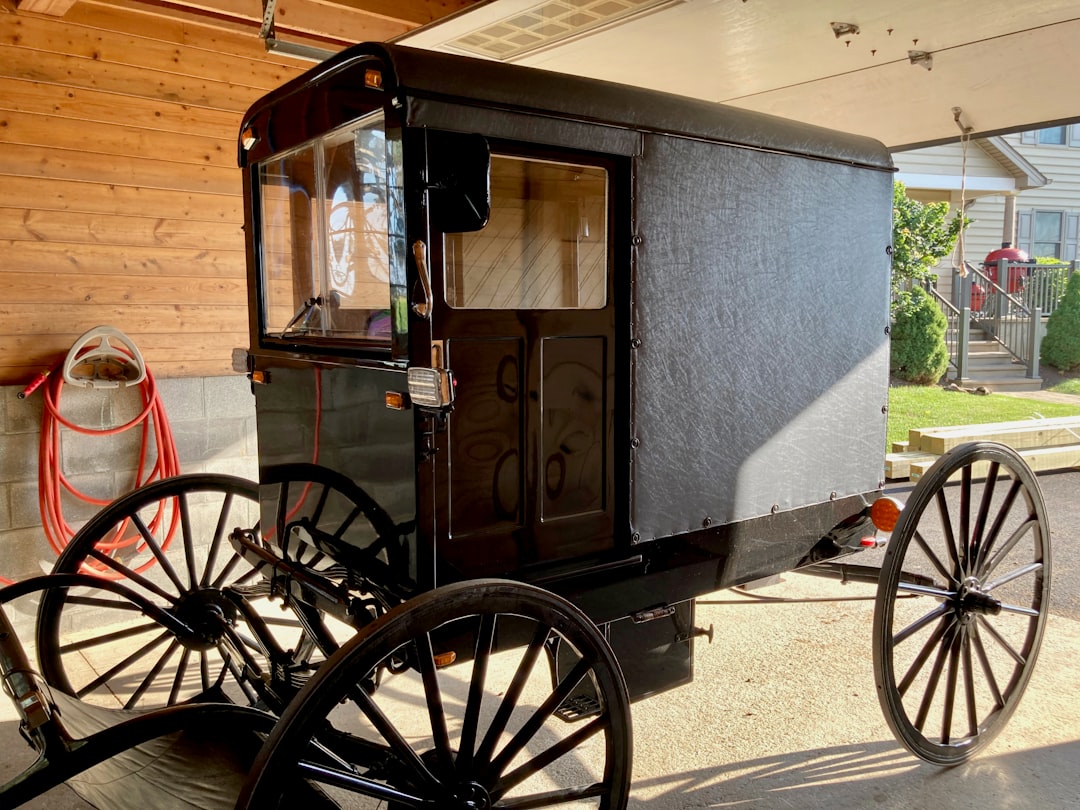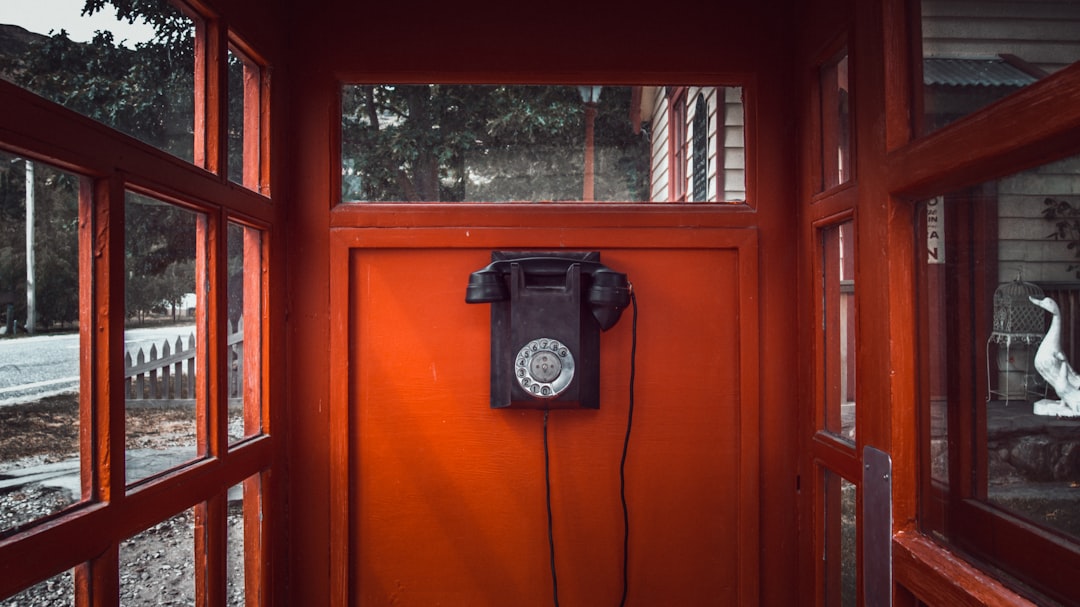Robocalls from law firms plague Pennsylvanians, prompting the use of AI-powered call-blocking apps for relief. The state's Do Not Call regulations, aligned with federal laws, offer protection, but app usage is crucial for blocking spam. These apps learn to identify automated calls, reduce legal telemarketing, and empower users to report spam, fostering a quieter communication environment while respecting privacy. Selecting an app requires focusing on advanced call-blocking, local law compliance, positive reviews, and robust privacy policies.
“In today’s digital age, robocalls have become a pervasive issue for Pennsylvania residents, with law firm calls posing significant problems. Understanding these unwanted calls and their impact is the first step towards regaining control of your phone lines. This article explores ‘Do Not Call’ laws specific to Pennsylvania, delves into effective strategies to block law firm robocalls, and highlights the critical role apps play in protecting users. We’ll guide you through the best app options tailored for PA residents seeking robust robocall prevention.”
Understanding Robocalls and Their Impact in Pennsylvania

Robocalls, automated phone calls delivered en masse, have become a pervasive issue for many Pennsylvania residents. While some robocalls promote legitimate services or organizations, such as government agencies and non-profits, an overwhelming majority target individuals with unwanted marketing messages or fraudulent schemes. These calls can be particularly intrusive, often attempting to sell products, solicit donations, or even pose as official communications from law firms, causing significant distress to recipients in Pennsylvania.
In response to this growing concern, many phone users are turning to robocall prevention apps for much-needed relief. By employing advanced technologies like artificial intelligence and machine learning algorithms, these applications identify and block automated calls, ensuring that Pennsylvania residents can enjoy a quieter, safer communication environment. Furthermore, with increased user reporting and community feedback, these apps continuously update their databases to include new sources of robocalls, effectively navigating the ever-evolving landscape of fraudulent activities in the state.
Legal Framework: Do Not Call Laws in PA Explained

In Pennsylvania, robocalls have prompted a heightened awareness of privacy and consumer protection laws, particularly the Do Not Call regulations. These rules are designed to safeguard residents from unwanted telemarketing calls, offering them control over their phone communications. The state’s Do Not Call laws are in line with federal guidelines, providing a comprehensive framework for managing nuisance calls.
Pennsylvania residents can register their phone numbers on the state’s official Do Not Call list, which severely restricts the ability of telemarketers and robocallers to contact them. This law holds significant legal weight, with penalties for violators including substantial fines. For consumers, understanding these laws is crucial when dealing with frequent or unwanted calls from law firms or other businesses, ensuring they can take proactive measures to protect their privacy.
Top Strategies to Block Law Firm Robocalls Effectively

Robocalls from law firms can be frustrating and intrusive, but there are several effective strategies to block them. For Pennsylvania phone users, registering on the National Do Not Call Registry is a crucial first step. This federal list restricts telemarketers from calling numbers listed on it, though it may not always prevent robocalls from law firms due to exemptions for legal purposes.
Additional measures include downloading and using robust call-blocking apps specifically designed to identify and block automated calls. These apps use advanced algorithms and noise cancellation techniques to detect and filter out robocalls. Customizing settings within your phone’s caller ID and privacy options can also help, as can regularly updating your contact lists with known law firm numbers to avoid any accidental connections.
The Role of Apps in Protecting Pennsylvania Residents

In the dynamic digital landscape, apps have emerged as powerful tools in safeguarding Pennsylvania residents from intrusive robocalls. With a simple download and activation, these applications act as a virtual shield, blocking unwanted calls from various sources, including law firm marketing teams. The Do Not Call laws in Pennsylvania offer a legal framework, but apps amplify their effectiveness by leveraging advanced technologies to identify and filter out automated voice services.
By implementing AI-driven algorithms, robocall prevention apps analyze call patterns and content, distinguishing between legitimate communications and promotional calls from law firms. This ensures that residents can enjoy peace of mind, knowing their personal time is protected. Moreover, these apps empower users with the ability to report spam calls, contributing to a more robust system for maintaining privacy and curtailing malicious marketing practices in Pennsylvania.
Choosing the Best Robocall Prevention App for PA Users

Choosing the best robocall prevention app for Pennsylvania users involves considering several factors, especially given the state’s stringent Do Not Call laws targeting law firm telemarketers. Look for apps that employ advanced call-blocking technologies, like machine learning algorithms, to identify and block spam calls effectively. Ensure the app offers customizable settings, allowing you to create do-not-call lists specific to Pennsylvania regulations, including restrictions on calls from law firms.
Additionally, user reviews and privacy policies are crucial. Opt for apps with positive feedback for blocking robocalls while preserving legitimate calls. Check if the app collects and shares user data, ensuring it complies with Pennsylvania’s consumer protection laws. Features like call recording and automated complaint reporting can also empower users to protect themselves from unwanted legal telemarketing.






